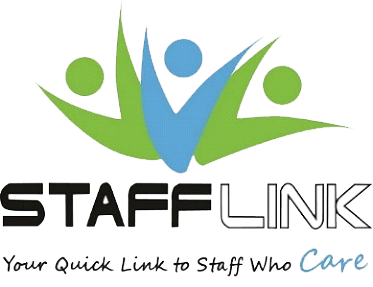What Do I Do? My Parents Are Hoarding

Photo by Jeremy Wong on Unsplash.
It‘s painful to see people you care about put themselves in a precarious situation. Our natural inclination is to jump in and fix the problem so we can make the situation better. Here’s the rub, our efforts to help can actually worsen the situation.
Typically, I get a phone call or two each week from an adult child of a parent who is “hoarding.” The last couple of weeks there’s been an increase in the number of these phone calls. I attribute the increase to St. Louis Magazine’s article on hoarding for which I was interviewed (https://www.stlmag.com/longform/hoarding/). The phone conversations follow a pattern: I try to get a mental picture of what the situation looks like, we discuss what has been done, what can be done, and what can’t be done, and lastly, I provide some resources to the caller. My hope is that by the end of the call the caller will no longer feel alone and will have an idea of what to do next.
Asking the caller to describe the situation helps me assemble a mental picture and, more importantly, helps the caller step out of an emotional reactive state to a more objective perspective. We focus on things that are concrete and measurable versus statements like “there’s a whole lot of stuff.” “A whole lot of stuff” feels a whole lot of scary. Speaking in concrete and measurable terms sets the stage for developing an action plan. Sometimes what is revealed in our conversation is that the parents’ situation isn’t as dire as the caller assumed it was. Having a formally neat parent ignore mail until it stacks up and no longer put items away can be indications that something is wrong, but it may not be hoarding.
I’m a big believer in calling out the “elephant in the room.” No one can read your mind, and you certainly can’t read someone else’s mind. Unless there is a conversation on what your concerns are and what the other person’s concerns are, those concerns have no hope of being addressed. Of course, it is very possible to have a conversation and still not get the results you have hoped for. However, there are some things you can do to improve the chances that your message will be heard.
- Do your research so you can improve your chances of understanding the other person. I have a resource sheet on hoarding that might be a good place to start. You can download that resource sheet here.
- Be as calm and as matter-of-fact as possible. Think about when someone last spoke to you in an angry or emotional way. Were you a little defensive? How productive was that conversation? Emotional extremes shut down a conversation.
- Let go of being “right” and let go of the outcome of the conversation. It’s really difficult to hear what the other person is saying when you’re firmly entrenched in your position. If you have “you should,” “you need to,” and/or “yeah, but” running through your head during the conversation you may be trying to prove the other person is “wrong.” How would you feel if someone tried to tell you that you’re wrong? Communication results in more possibilities that right and wrong.
- Own your feelings. “I am worried.” “I am afraid.” Be honest about what you are feeling. If what you are feeling seems too big to handle, consider getting some support from a therapist or counselor.
- Be honest. Stick to the facts. Don’t make stuff up in the hope that the threat of grim consequences will “motivate” the other person. Instead you will lose credibility.
- Look for what you can agree on and work from there. Take tiny steps forward. Client safety is one of my first priorities. Creating a safe path through the home that is wide enough to accommodate a team of first responders is a good first objective; furthermore, it often seems much more doable than decluttering a room from the perspective of the client.
I won’t lie: this is a difficult conversation. It may a little comforting to know that there are other people facing a similar situation. There are many difficult situations in life and they often are the grounds for deeper understanding and growth. Approaching this or any difficult conversation with respect for the other person’s autonomy, feelings and intelligence is a great place to start. Expressing a desire to work collaboratively may move you toward a mutually agreeable objective, which is a much better outcome than damaging a relationship by trying to “fix the problem” on your own.
Denise Lee is the owner of Clear Spaces and a Certified Professional Organizer (CPO) and a Certified Senior Advisor (CSA). Here is the link to her website and Facebook page.
http://www.clearspaces.org/
https://www.facebook.com/ClearSpaces
For more information about how StaffLink can assist with your organizing and care-giving needs please click here.
See Denise’s previous article: https://www.stafflinkusa.com/a-more-hopeful-outcome-for-a-family-members-hoarding/
- StaffLink Celebrates 38 Years in Business! - March 30, 2025
- What Is the Hourly Cost for Home Health in 2025? - March 12, 2025
- Seeking Retirees and Mature Persons to Provide In-home Care to Seniors - February 26, 2025
